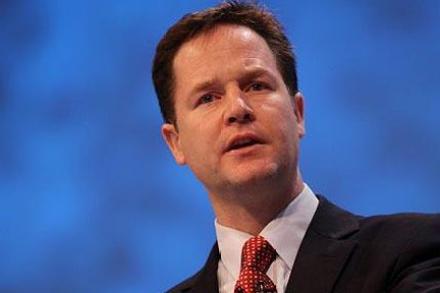Ducking the issue?
As I wrote earlier, a large proportion of Andrew Lansley’s white paper had to be devoted to accountability. Much of it is, but little is explained. Patients are central. The creation of GP consortia is for their benefit and they will hold the consortia to account by excercising choice (4:21). Choice is the tyrannical panacea that does not exist. A patient can only improve a treatment if they are given it; and many GPs are closer to Doctor In the House rather than Dr.House. GPs are independent practitioners working within the NHS framework. For example, it is impossible for the patient to make recommendations about unavailable cancer drugs. In addition




















